Rajya Sabha MP Rajeev Chandrasekhar has been a vociferous advocate of planned, intelligent solutions for the varied problems a fast-growing metropolis like Bangalore faces. A strong advocate of the need for the devolution of power to evolve governance reforms based on citizen-centric decision making, Chandrasekhar has been vocal about the need for greater transparency and accountability in governance institutions and public authorities alike. Chandrasekhar is at the forefront of drawing the government's attention to matters of public debate. Here, he talks to Subir Ghosh about the city, its governance and the future — the youth.
The common thread that runs through your writings and statements is ‘change’. But, change can be ambivalent. Given the mess Bangalore finds itself in, it is difficult to find a starting point for that change. What do you think can be one?
What you just said is itself an indicator of how far and deep this mess is. There should be no two views about that. Yes, we need to get out of this mess and change the direction the city is going in. The starting point is to clearly understand why we have reached this point. We can argue that it has been the failure of government and bureaucracy. What we are seeing here is exactly what agitated people in Delhi and eventually triggered the Aam Aadmi Party revolution. In Bangalore, over the last 15 years, there has been a coming together of politicians, bureaucrats, and a certain number of businesses (builders, contractors and others) through an unholy sort of alliance. You can call them vested interests. The taking over of policymaking by this group is at the heart of things (of where we are today). This is the very reason why we are yet to find a multi-year city development plan. Vested interests do not like statutory plans. They like adhocism, administrative distribution, contracting discretions.
So, the starting point is to understand that at the heart of our decline is the almost complete takeover of the city government administration by an interest that has nothing to do with the city. They have no interest in the development of the city, but only contracts and land. The symptoms of this can be seen in different spaces. We see contracts being opposed by residents, projects being opposed by residents, land being notified and denotified, politicians becoming builders, and politicians taking shares in building companies. You can see them all as isolated facts, but once you read them all together, you see a complete takeover of the city government by interests other than residents. That is why the only way to make any protest known by a resident or a community is to resort to a public interest litigation (PIL). In 2001 or so there were not too many PILs. But today there are far too many. That is so because there are projects that are thrust on neighbourhoods, projects that no one has asked for, notifications/denotifications no one has asked for, and suddenly the land for a IT park becomes a commercial complex – overrunning lakes and raj kaluves. At the end of the day, the price the people of Bangalore are paying is for being silent for the last 10 years or so. That is why today I am encouraging PILs.
This is not about me, but the city. For every person who files a PIL, I am ready to fund half the cost. I have been doing this for the last two years and we have had successful PILs. Take the Balasubramanian Committee report in context. It says the value of land encroached is worth more than the 2G spectrum scam. So, how can the city say it is bankrupt when thousands of crores worth of land is being given away for free? If you have a house of gold, can you say I am poor? You will sell that gold and pay your expenses. You are forcing the city to live on bad roads, you are making an embarrassment of waste management, you are making citizens apologise for the city everyday when there is no dearth of money or assets. Land is continuously being given away, builders and contractors are becoming multi-millionaires.
You are talking about the roots of the problem being in 2001 or so. But can this be taken a bit more back in time to the formation of the Bangalore Agenda Task Force (BATF)? Do you think a different kind of agenda-setting was done from that point onwards?
There are many well-meaning citizens in this city. But good intentions are not the same as standing up for what is right. There is no point saying I will facilitate building of roads, when the underlying model encourages corruption. It is the same argument that Manmohan Singh makes. You cannot say I am a nice guy with good intentions when the system is being taken over. This is not about Mr X or Mr Y standing for elections, but I believe the BATF did not do anything about actually reforming the government. It did not do anything about the fundamental issue of governance; it may have made a few roads better tarred. I am sorry, but this has to be said. Making the right investments, taking the right decisions to change the city for good, and ensuring that future generations of Bangaloreans live better – that is what they did not do. Had they done these kind of reforms at that time, things would have changed. I tried it a bit when I was member of another such forum – ABIDe. We had suggested deep reforms, talked of structural changes. See what is happening in Delhi today. People don’t want sugar-coated promises anymore. Therein, the Lokpal/ Janlokpal seek deep structural reform. It is a pushback by the people saying we cannot tolerate this anymore. One can argue it creates another bureaucracy, but it is also fundamentally a demand for change.
So the Lokpal becomes a starting point. Now, how do you marry this with the RTI and ensure that they together becomes a citizen’s tool for ensuring transparency as well better governance?
The only solution (of crime) is the detection, arrest and prosecution of criminals — the basis of criminal jurisprudence. The same analogy should apply to political corruption, administrative corruption, and crony capitalism. We must recognise that the biggest threat to our city is corruption, the coming together of that unholy alliance. But the challenges are a little new today. If we identify the main problem as corruption, we will respond with the necessary solutions. I think in these elections, corruption will be the issue not just in Bangalore but across the country.
My way of being active is not to have 20,000 people in a rally. I am a politician of ideas, and I call a spade a spade. I don’t do anything but politics – that of ideas, of getting people behind the cause. But I will never be an Arvind Kejriwal, nor do I have aspirations to be one. I have no delusions of being a mass leader. I have focused on the fact that it is corruption that is holding the city back. The people are beginning to understand as much.
And for this in the long term, do you have a roadmap in mind?
The roadmap for the city has to be a 5-10 year plan. I did that when I was with ABIDe. Reports are not the problem, it is all about political leadership. If political leaders have no interest in fighting corruption, why will they even open my report? That report goes into the heart of transparency, of murky dealings in government. That report said if you want a different city, you need to operate in a different way.
If one wants to eliminate/defeat such candidates...
How many people knew the candidates in the Delhi elections? Nobody. So what did they vote for? They voted on the party on the issue of corruption. It is not the individual who is important. The leadership of a political party must say: I stand for elimination of corruption, for governance and transparency. And that can only be forced upon by the Fourth Estate. The Aam Aadmi Party got such support and momentum from the media that caused further momentum among the people and still furthermore in the media, thereby becoming a self-fulfilling process.
Still on the AAP, have you been getting feelers from them?
I get feelers from every party, but that’s a different issue. The issue is not about me getting feelers, but I should “feel” too... But yes, the AAP has achieved much more than one understands. In less than two years they have changed the political discourse in this country. For the first time, chief ministers and ministers are taking pride in being simple. Even six months back, being a politician was only about having power. Now politicians are realising that if you don’t give the power back to the people, they will come and take it. The AAP, by shaking the ground from under 65 years of entrenched politics, has done more to clean up the politics of India.
My stand on the elections is clear: I don’t want to contest. My focus is simple: I want to help the 150 million first time voters make the right choice. I did that during the last Karnakata elections, by telling people: first of all, vote; and then vote right. Don’t go by caste, creed, community, hype. Ask questions that impact your life. I want first-time voters to prove that they are not only responsible, but also smarter and savvier. They should cut through the hype and hyperbole, and decide what is right. Delhi has already shown with almost 70% turnout that people are increasingly becoming politically active; not just in terms of voting, but also by asking questions. The equation between the governed and the governor has changed. That can only be good for democracy. There will obviously be some short-term chaos, confusion. But that will eventually settle down. The AAP will also have to have an agenda for governance. Being anti-corruption is only an element in governance, not everything.
Coming back to our city... the BBMP is bankrupt.What can be done to pull the palike out of this morass?
None of us need to be an economist to draw a few conclusions. For instance, how can a high growth city like Bangalore be bankrupt? We should not blindly accept it, but in turn ask why so. If I run a business where I am declining, there would be reason for me to go bankrupt. But here in this city everything seems to be growing – from property taxes to stamp duties. So how can the city be bankrupt? And the next question should be: where is the money going? The answer is in the why: it is the non-transparent, wasteful and corrupt use of city money that is not being employed for (re)investment but for every other reason. It is a laughable situation to say that Bangalore is bankrupt. The solutions can be there. First, have a multi-year financial plan. Freeze that figure. And then look for revenue mobilisation. There should a few things to look out for: are there loopholes in the system, are there BBMP employees who are not collecting the money, and are they doing anything to plug the leakages? You have to do all these things to come up with a better economic model for the city. And this would include: don’t award (wasteful) contracts to your friendly contractors, and don’t give away free land to your friendly realtors.
Crony capitalism at the municipal level...
I call it devolution of crony capitalism.
You have been talking about crony capitalism for a while. How does one tackle this malaise?
We had suggested that every government contract must be disclosed. But those days are gone now. We have to make sure that even Bangalore is rid of those. We still have contracts for overpasses, underpasses, road-widening being awarded practically overnight. The cleaning up job that happened in Delhi must happen here too. Someone here should do a study on how many thousands of crores have been wasted in Bangalore.
Documentation is a problem. The only way one can get information seems to be through RTIs.
Yes, that’s the problem. I am myself an MP, but the only way I can get information about the performance of this government is only through RTIs. I can get the government to respond on right and wrong only by filing a PIL. I am an MP, a servant of the people, and it is I who has to encourage the people to file PILs!
There is a problem with the RTI process too. You must have enough background information to ask the right questions.
Yes, those have to be precise. You need to first smell that there is a scam, and then ask the questions. For instance, if you go to BBMP, you wouldn’t know where to start. I wish one could make a RTI request saying please send us a report of all scams. RTI cannot be a solution to problems; RTI is only post-scam, post facto. The only solution is to ensure that all government contracts are disclosed on the BBMP website the day the deals are inked. The contracts must be visible on a map on the website, so that people even in the wards know what projects are being undertaken in their areas. The only watchdog for governmental conduct is the people helped by the media. Out here, corporators are nominating their own friends and relatives on ward committees. By definition, ward committees are supposed to check what the BBMP and the corporator do in a ward. This needs to be exposed. We need to find out how many corporators are doing business with the government. Corporators are supposed to be legislators and not contractors. The same goes for MLAs and bureaucrats.
But then, is the youth active in all this at all?
In terms of participating in elections, they have been active. Despite their being enthused, what has been holding the youth back is that they are not excited by the options available. I met this youth at a polling queue who asked what is this debate about secularism and non-secularism when I am interested in something else altogether. As the narrative and the political discourse change, the youth will become more interested in the electoral process. Political parties will eventually realise that unless they speak in the language of the youth that they (the latter) want to hear, they will not only not have their support, now with the Aam Aadmi Party being around, the youth may support AAP.
![submenu-img]() Ganesh Chaturthi 2024 shubh muhurat: Check city wise puja timings, visarjan date, and bhog for Ganpati Bappa
Ganesh Chaturthi 2024 shubh muhurat: Check city wise puja timings, visarjan date, and bhog for Ganpati Bappa![submenu-img]() 'Leaders in Delhi never liked me…’ Omar Abdullah alleges poll 'conspiracy'
'Leaders in Delhi never liked me…’ Omar Abdullah alleges poll 'conspiracy'![submenu-img]() Boney Kapoor announces new film, its title has a Mr India connect: 'Probably by December we...'
Boney Kapoor announces new film, its title has a Mr India connect: 'Probably by December we...'![submenu-img]() Meet actress, who worked for 17 hours straight on toxic sets, her mental health was affected, left industry, is now...
Meet actress, who worked for 17 hours straight on toxic sets, her mental health was affected, left industry, is now...![submenu-img]() Over 200 Patients celebrate freedom from diabetes in Madhavbaug's nationwide campaign 'Azadi Diabetes Se'
Over 200 Patients celebrate freedom from diabetes in Madhavbaug's nationwide campaign 'Azadi Diabetes Se'![submenu-img]() Haryana Assembly Election 2024: हरियाणा में कांग्रेस प्रत्याशियों की पहली लिस्ट जारी, इस सीट से चुनावी मैदान में उतरी विनेश फोगाट
Haryana Assembly Election 2024: हरियाणा में कांग्रेस प्रत्याशियों की पहली लिस्ट जारी, इस सीट से चुनावी मैदान में उतरी विनेश फोगाट![submenu-img]() Hathras Accident: यूपी के हाथरस में बड़ा सड़क हादसा, 15 लोगों की मौत, कई घायल
Hathras Accident: यूपी के हाथरस में बड़ा सड़क हादसा, 15 लोगों की मौत, कई घायल![submenu-img]() Weather Alert: महाराष्ट्र-गुजरात में जोरदार बारिश, आंध्र-तेलंगाना में बाढ़, जानें दिल्ली-एनसीआर के लिए क्या है अलर्ट
Weather Alert: महाराष्ट्र-गुजरात में जोरदार बारिश, आंध्र-तेलंगाना में बाढ़, जानें दिल्ली-एनसीआर के लिए क्या है अलर्ट![submenu-img]() J-K विधानसभा चुनाव: 'आर्टिकल 370 को हम कभी वापस नहीं आने देंगे', अमित शाह ने जारी किया BJP का संकल्प पत्र
J-K विधानसभा चुनाव: 'आर्टिकल 370 को हम कभी वापस नहीं आने देंगे', अमित शाह ने जारी किया BJP का संकल्प पत्र![submenu-img]() Kanhaiya Lal Murder: कन्हैयालाल हत्याकांड मे�ं दूसरे आरोपी जावेद को भी मिली बेल
Kanhaiya Lal Murder: कन्हैयालाल हत्याकांड मे�ं दूसरे आरोपी जावेद को भी मिली बेल![submenu-img]() DNA Auto Awards 2024: Maruti Suzuki Swift nominated for ‘CAR OF THE YEAR’; check price, features
DNA Auto Awards 2024: Maruti Suzuki Swift nominated for ‘CAR OF THE YEAR’; check price, features![submenu-img]() DNA Auto Awards 2024: Hyundai Alcazar Facelift nominated for ‘CAR OF THE YEAR’; check details
DNA Auto Awards 2024: Hyundai Alcazar Facelift nominated for ‘CAR OF THE YEAR’; check details![submenu-img]() Hyundai Creta Knight Edition launched in India: Check price, features, design
Hyundai Creta Knight Edition launched in India: Check price, features, design![submenu-img]() DNA Auto Awards 2024: Citroen Basalt nominated for ‘CAR OF THE YEAR’; check price, features
DNA Auto Awards 2024: Citroen Basalt nominated for ‘CAR OF THE YEAR’; check price, features![submenu-img]() DNA Auto Awards 2024: Tata Curvv nominated for ‘CAR OF THE YEAR’; check price, features
DNA Auto Awards 2024: Tata Curvv nominated for ‘CAR OF THE YEAR’; check price, features![submenu-img]() UPSC topper IAS Shruti Sharma's marksheet goes viral on social media, check her scores in different subjects
UPSC topper IAS Shruti Sharma's marksheet goes viral on social media, check her scores in different subjects![submenu-img]() Meet man, who lost his mother in childhood, worked as milk seller, cracked NEET exam with AIR...
Meet man, who lost his mother in childhood, worked as milk seller, cracked NEET exam with AIR...![submenu-img]() Meet man who failed 35 exams, cracked UPSC exam twice, first became IPS then quit due to...
Meet man who failed 35 exams, cracked UPSC exam twice, first became IPS then quit due to...![submenu-img]() Meet man, who was forced into child marriage at 11, cracked NEET exam with AIR...
Meet man, who was forced into child marriage at 11, cracked NEET exam with AIR...![submenu-img]() Meet woman who cracked UPSC exam in first attempt without coaching at 22, got AIR 31, she is now posted as…
Meet woman who cracked UPSC exam in first attempt without coaching at 22, got AIR 31, she is now posted as…![submenu-img]() Mumbai: Fire Breaks Out At Times Tower In Mumbai, 9 Fire Units Deployed
Mumbai: Fire Breaks Out At Times Tower In Mumbai, 9 Fire Units Deployed![submenu-img]() 'Dharavi Project Is About Restoring Dignity...', Says Gautam Adani | Dharavi Redevelopment Project
'Dharavi Project Is About Restoring Dignity...', Says Gautam Adani | Dharavi Redevelopment Project![submenu-img]() Kolkata Doctor Case: CBI Visits RG Kar, Seizes Documents On Funds Used During Sandip Ghosh’s Tenure
Kolkata Doctor Case: CBI Visits RG Kar, Seizes Documents On Funds Used During Sandip Ghosh’s Tenure![submenu-img]() Giriraj Singh Attacked: Union Minister Giriraj Singh Assaulted In Begusarai, Bihar; Accused Arrested
Giriraj Singh Attacked: Union Minister Giriraj Singh Assaulted In Begusarai, Bihar; Accused Arrested![submenu-img]() Haryana Assembly Election 2024: Haryana Assembly Election Date Changed, Check Details Here
Haryana Assembly Election 2024: Haryana Assembly Election Date Changed, Check Details Here![submenu-img]() Mukesh Ambani set to challenge Adani, ITC with his Rs 3900 crore plan for...
Mukesh Ambani set to challenge Adani, ITC with his Rs 3900 crore plan for...![submenu-img]() NPCI launches 'UPI circle', check what it is and how it works
NPCI launches 'UPI circle', check what it is and how it works![submenu-img]() Mukesh Ambani's Reliance Jio to give tough competition to BSNL with this plan, it offers 5G data at just Rs...
Mukesh Ambani's Reliance Jio to give tough competition to BSNL with this plan, it offers 5G data at just Rs...![submenu-img]() This company repays Rs 20000 crore debt for... and it has a Ratan Tata connection
This company repays Rs 20000 crore debt for... and it has a Ratan Tata connection![submenu-img]() Meet woman, billionaire's daughter, who studied in London, now leads Rs 1124 crore company as...
Meet woman, billionaire's daughter, who studied in London, now leads Rs 1124 crore company as...![submenu-img]() From Cristiano Ronaldo to Virat Kohli: List of highest-paid athletes in last 12 months
From Cristiano Ronaldo to Virat Kohli: List of highest-paid athletes in last 12 months![submenu-img]() Meet actor who worked as waiter, sold tea, namkeen for 14 years, debuted in Bollywood at 42; now his net worth is...
Meet actor who worked as waiter, sold tea, namkeen for 14 years, debuted in Bollywood at 42; now his net worth is...![submenu-img]() Parents-to-be Deepika Padukone, Ranveer Singh seek blessings at Siddhivinayak with families days before baby's arrival
Parents-to-be Deepika Padukone, Ranveer Singh seek blessings at Siddhivinayak with families days before baby's arrival![submenu-img]() Gout remedies: 7 natural ways to lower uric acid levels in the body
Gout remedies: 7 natural ways to lower uric acid levels in the body ![submenu-img]() Active players with most centuries in international cricket
Active players with most centuries in international cricket ![submenu-img]() 'Leaders in Delhi never liked me…’ Omar Abdullah alleges poll 'conspiracy'
'Leaders in Delhi never liked me…’ Omar Abdullah alleges poll 'conspiracy'![submenu-img]() Over 200 Patients celebrate freedom from diabetes in Madhavbaug's nationwide campaign 'Azadi Diabetes Se'
Over 200 Patients celebrate freedom from diabetes in Madhavbaug's nationwide campaign 'Azadi Diabetes Se'![submenu-img]() 'When we were dragged on roads...': Wrestler Vinesh Phogat slams BJP
'When we were dragged on roads...': Wrestler Vinesh Phogat slams BJP![submenu-img]() India emerges as second-largest global 5G smartphone market, overtakes...
India emerges as second-largest global 5G smartphone market, overtakes...![submenu-img]() Union Home Minister Amit Shah releases BJP manifesto for J&K assembly elections
Union Home Minister Amit Shah releases BJP manifesto for J&K assembly elections

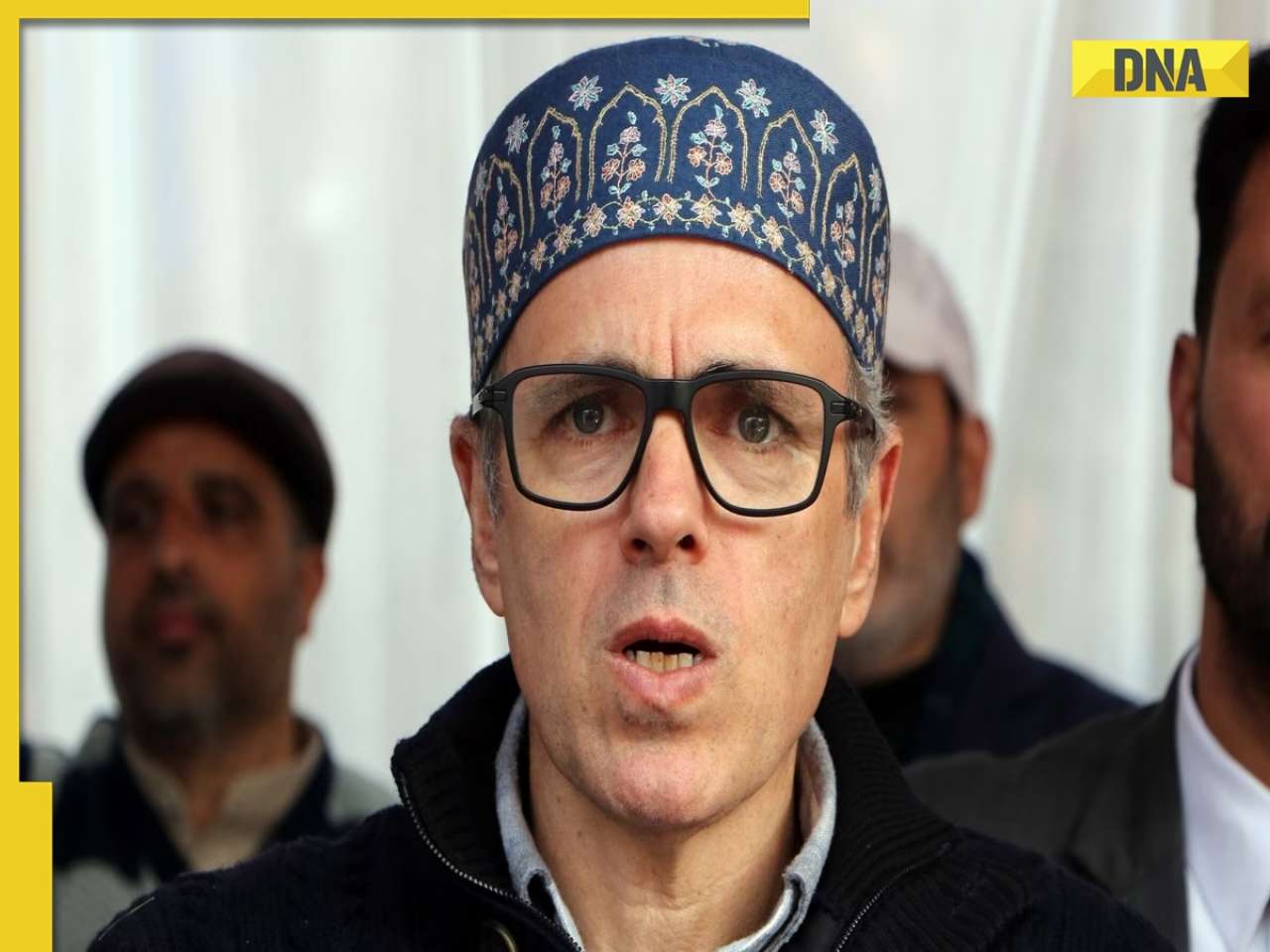
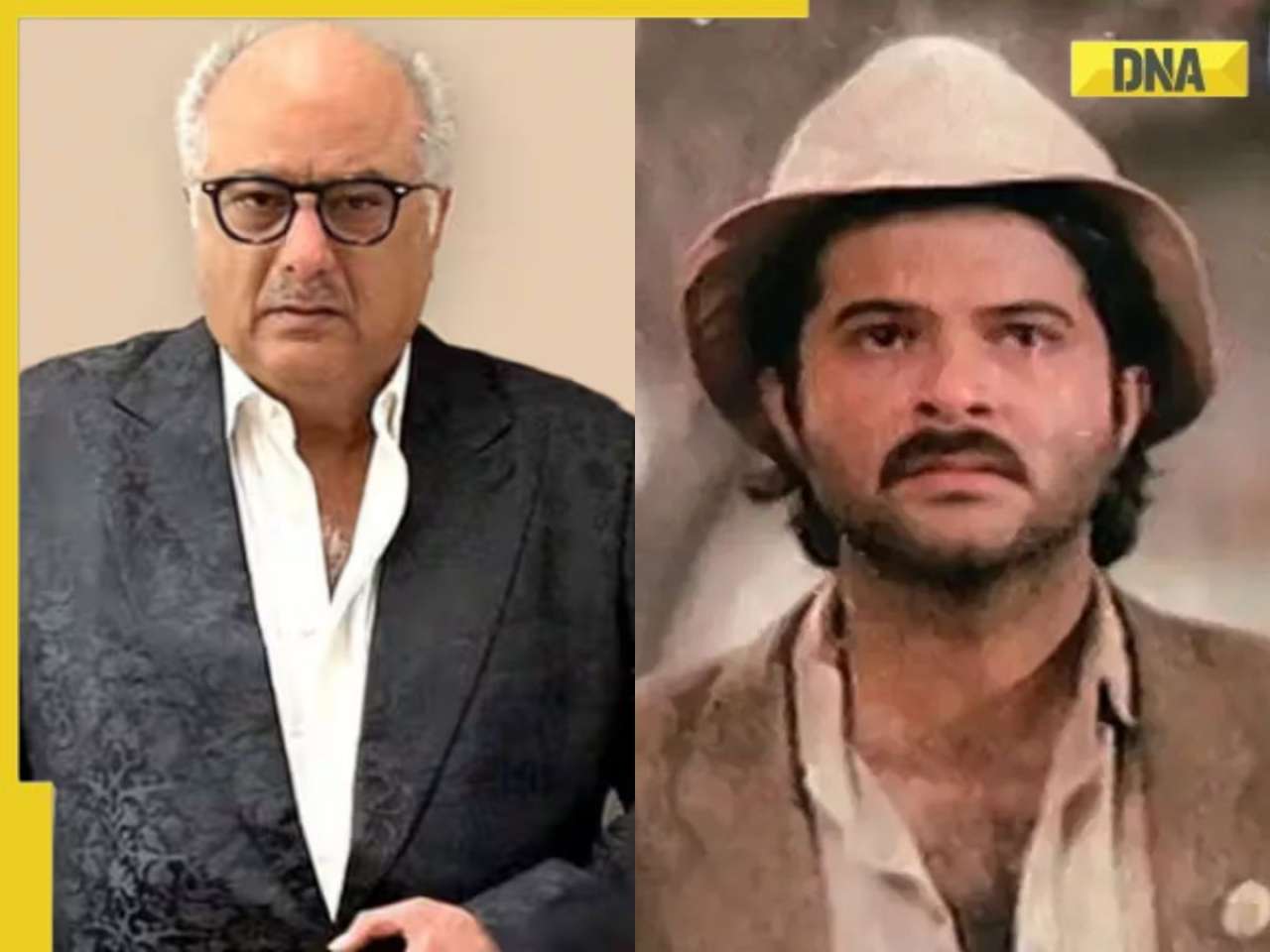

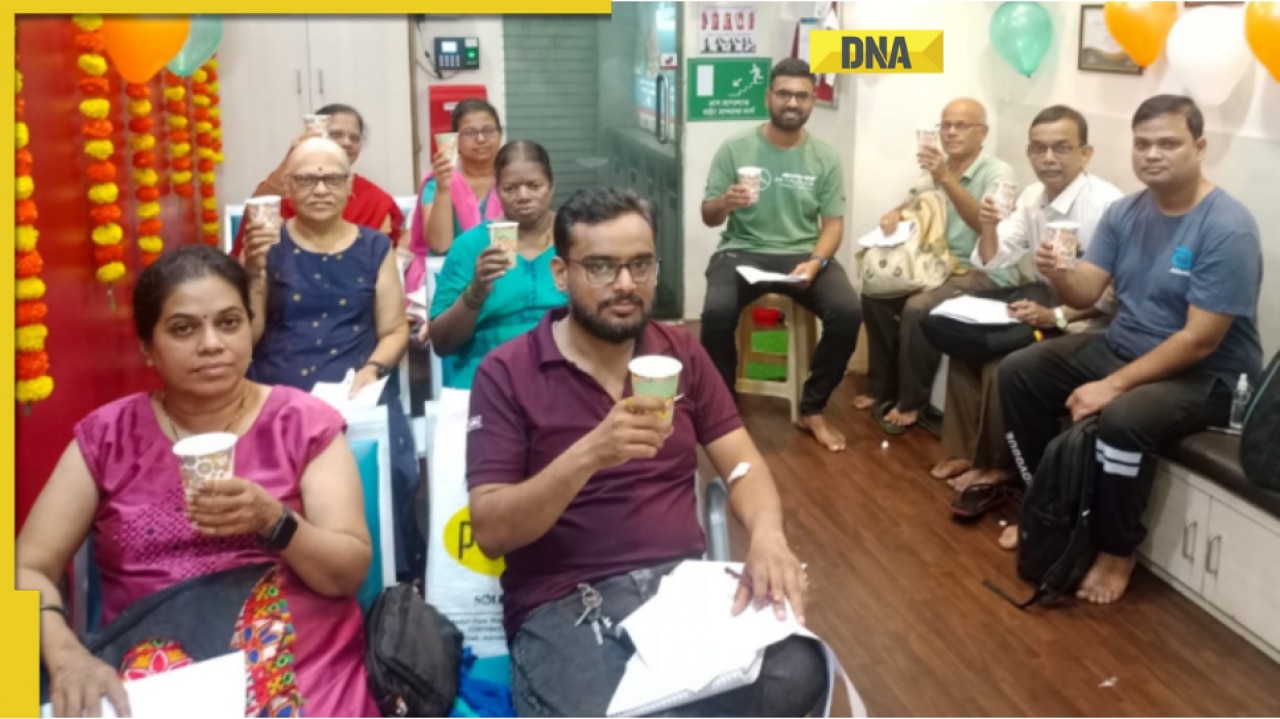





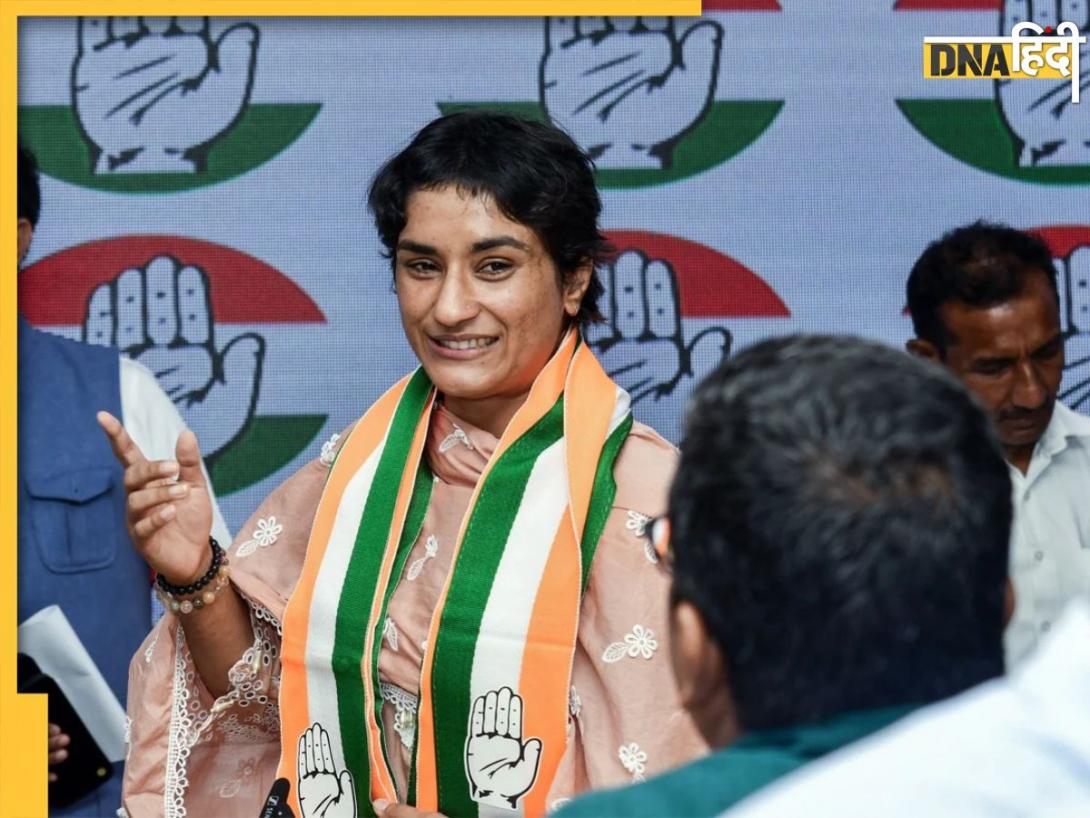
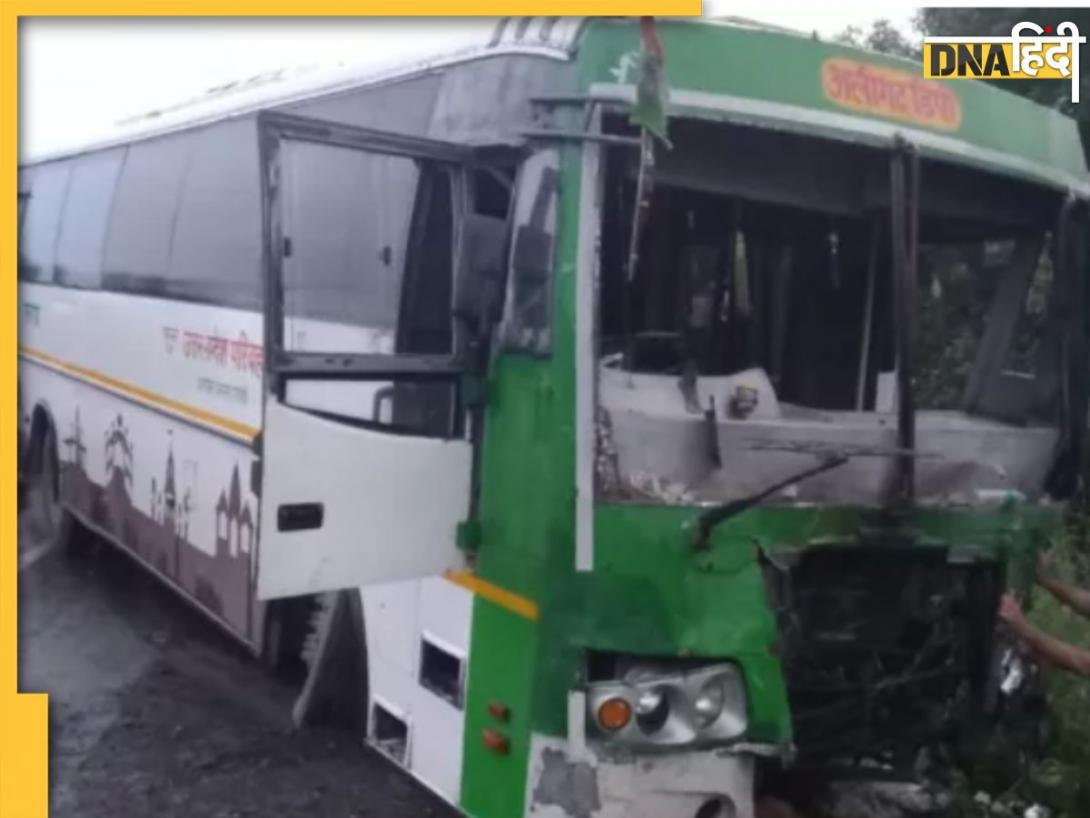
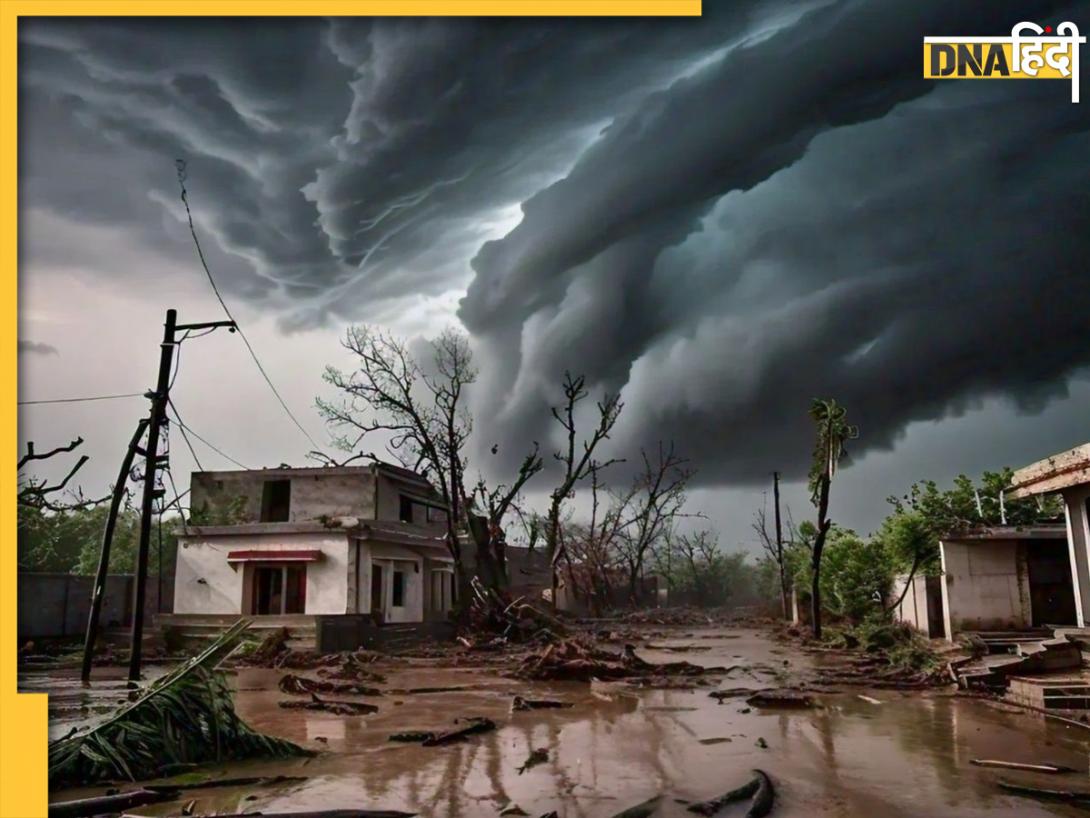
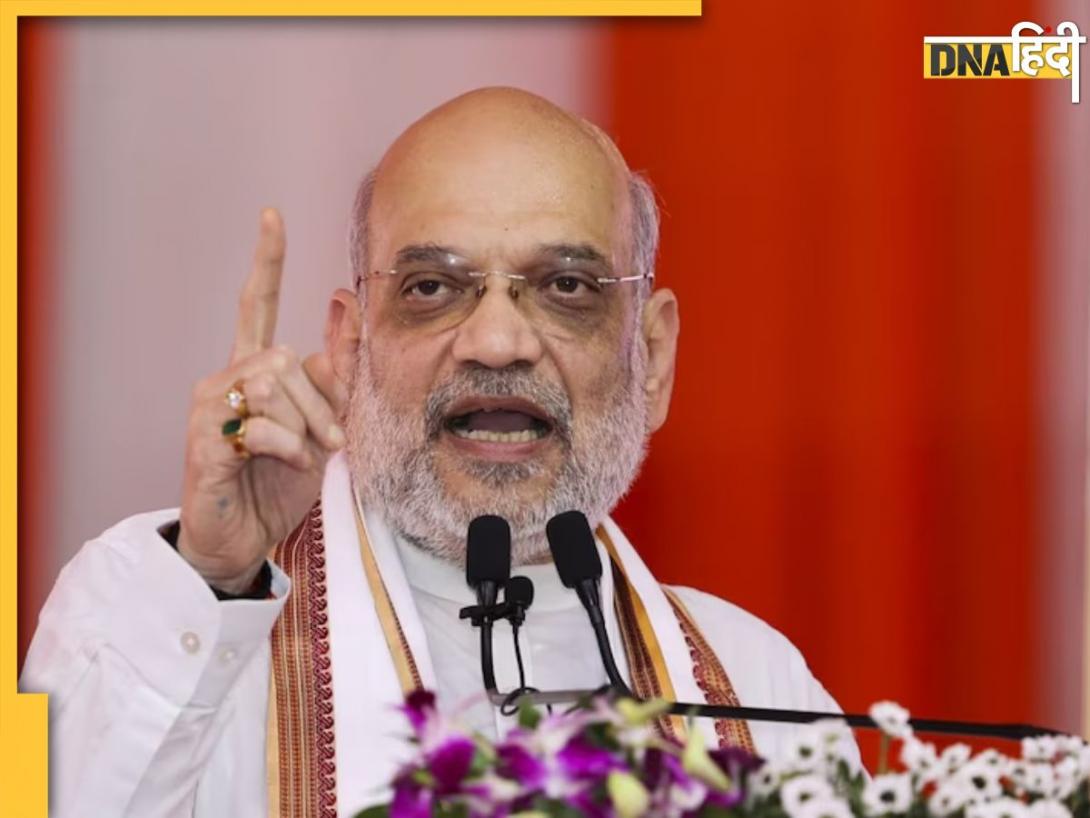
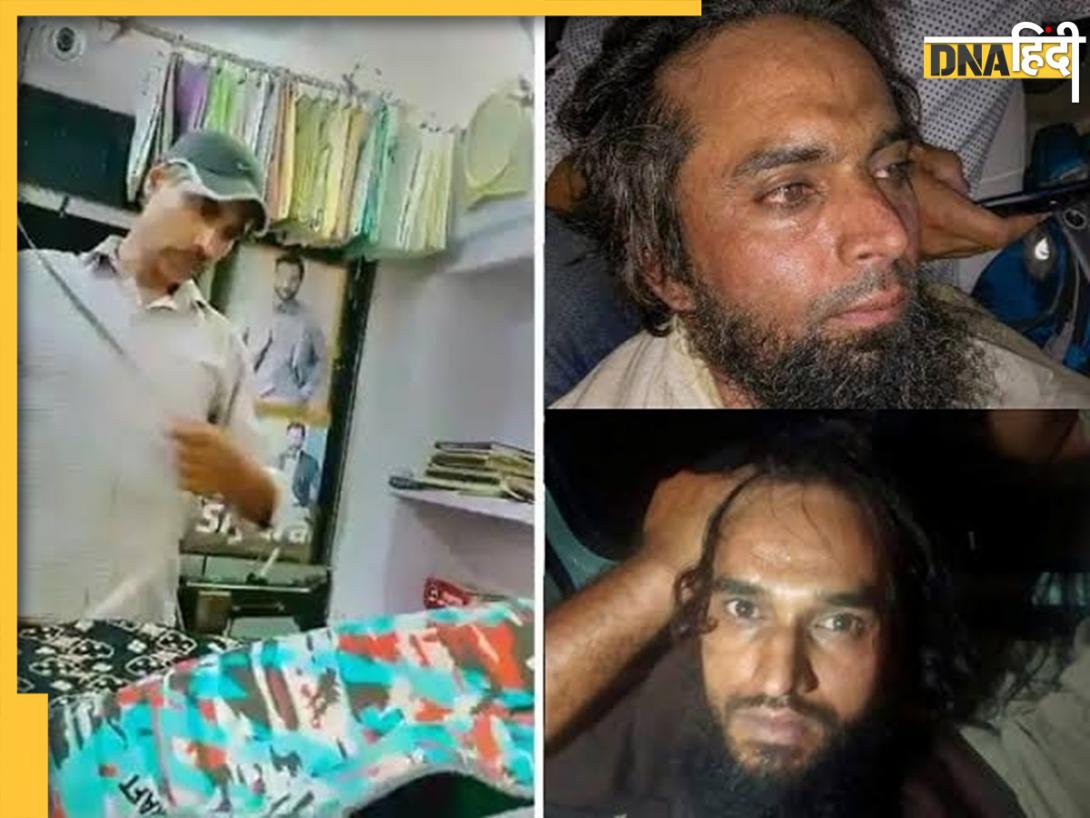





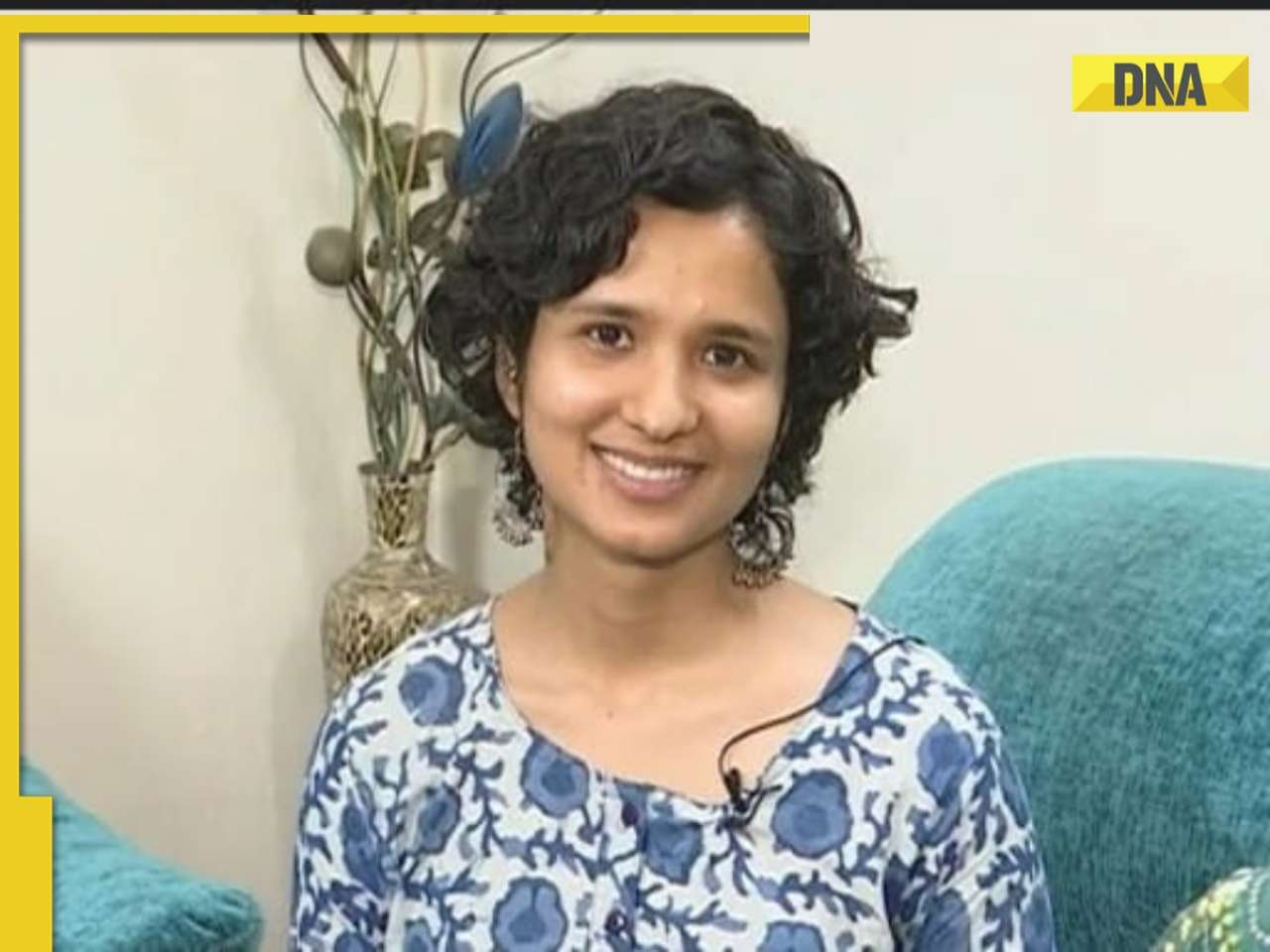

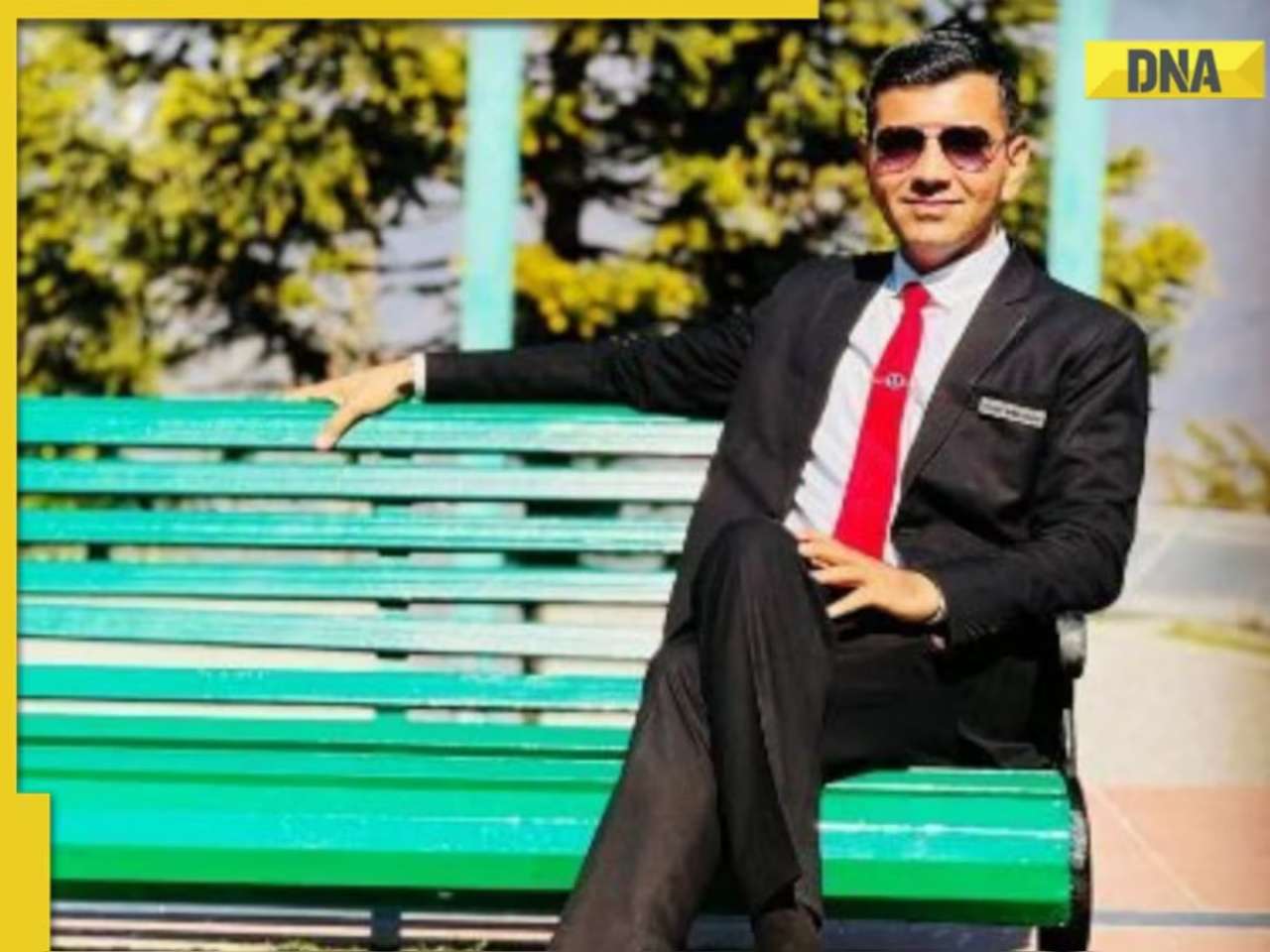
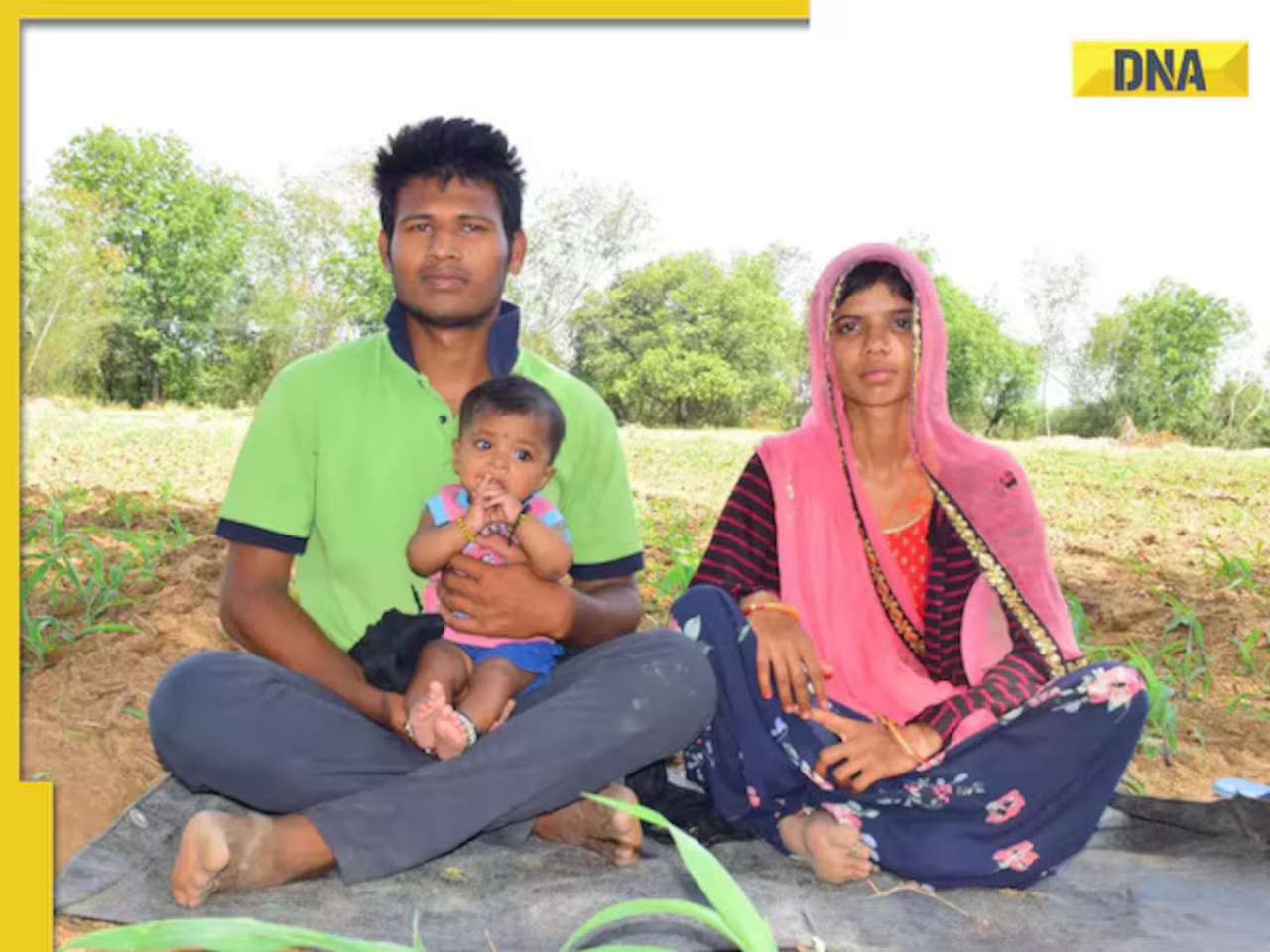


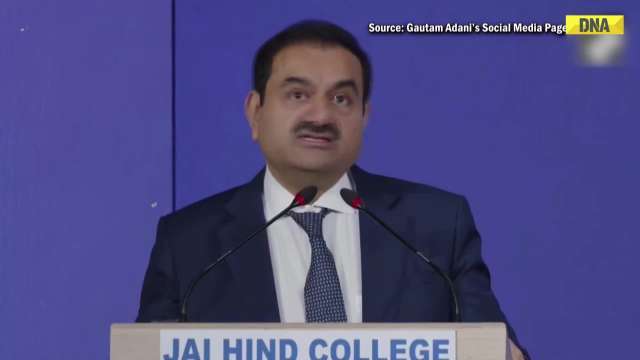
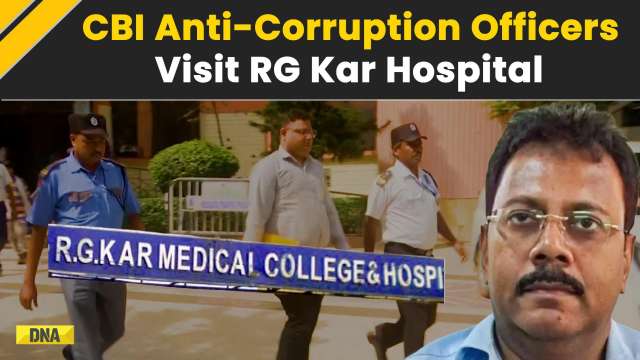
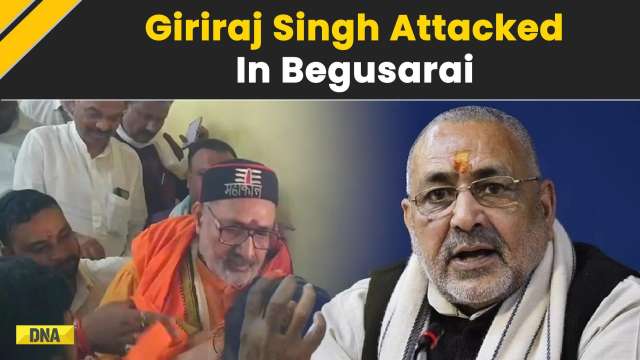
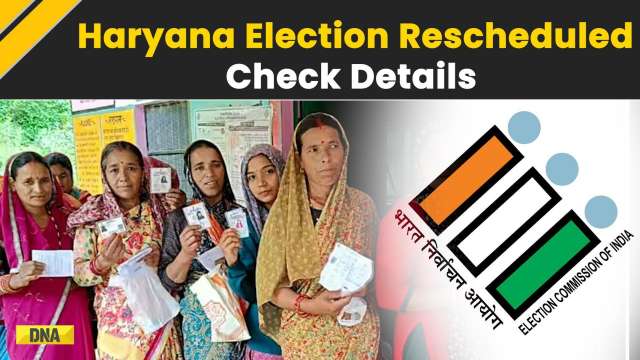
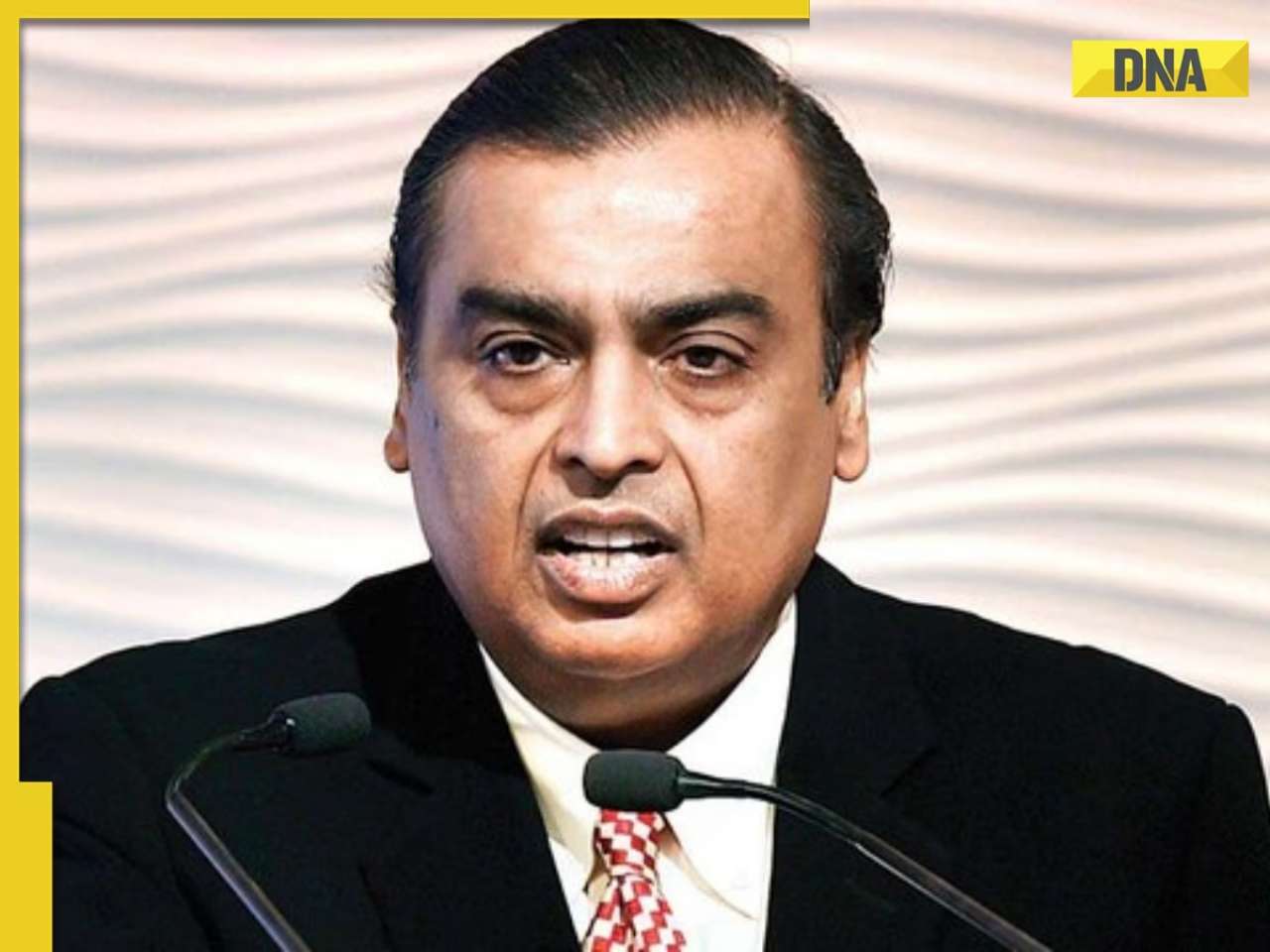

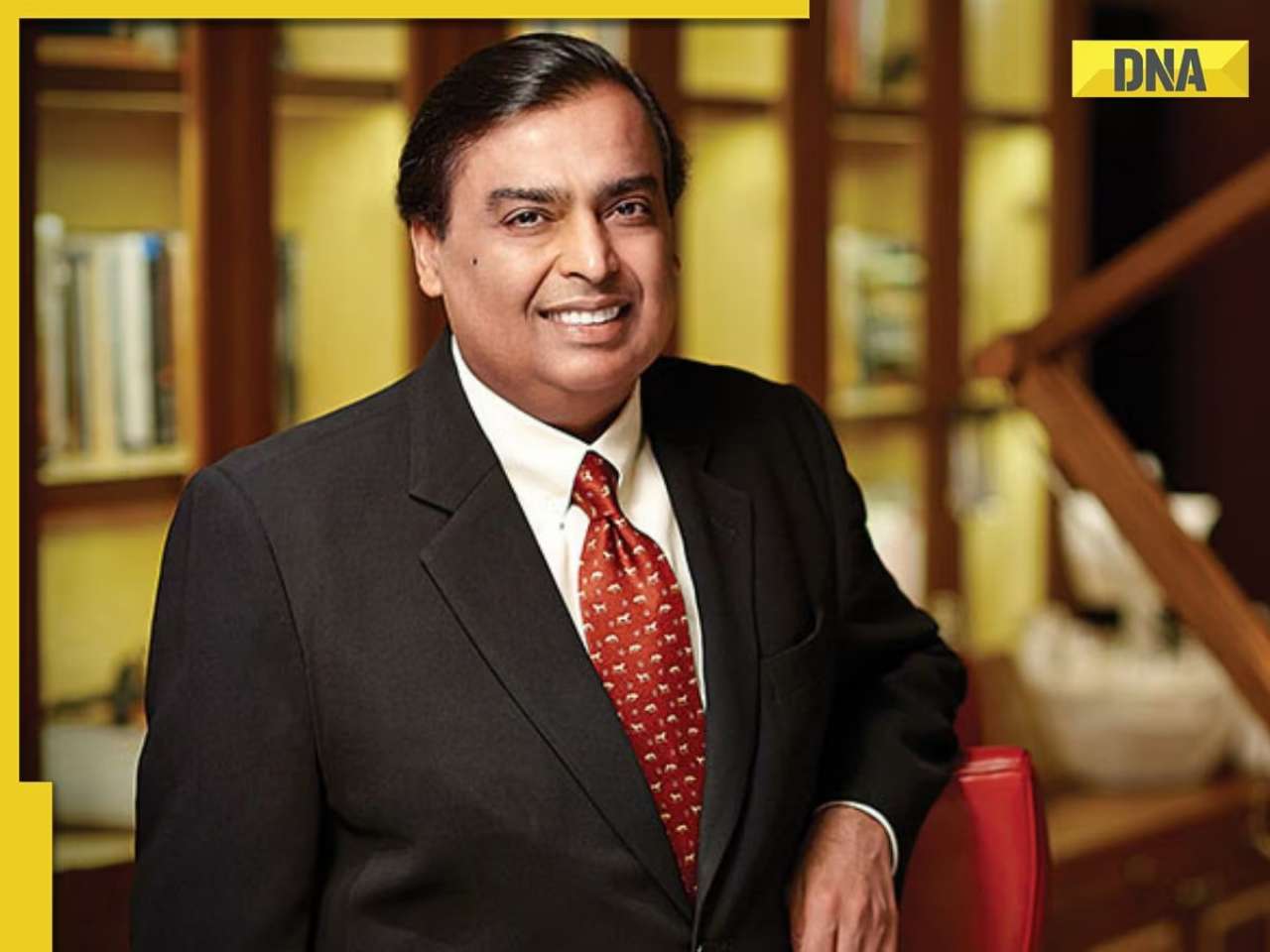
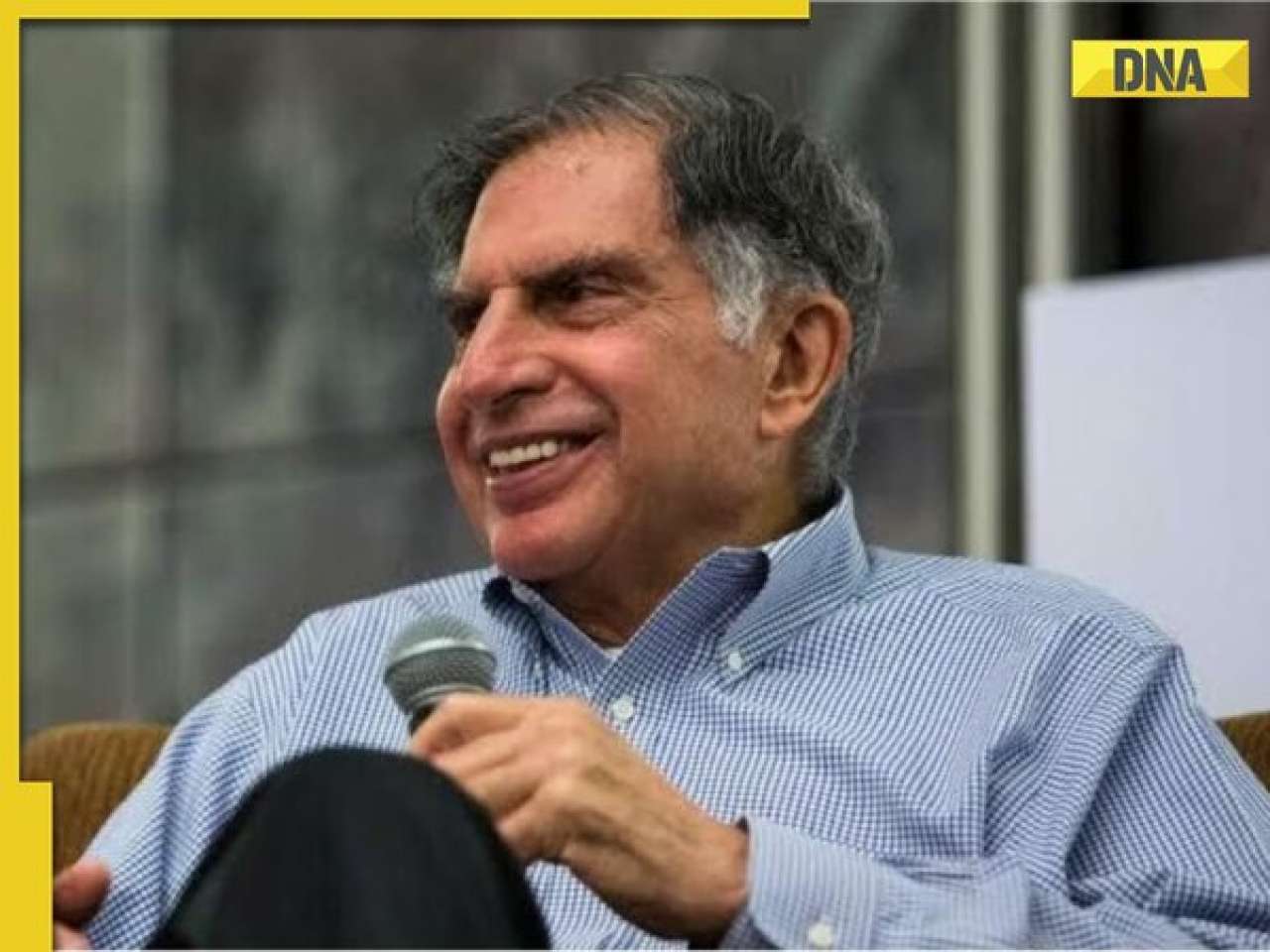


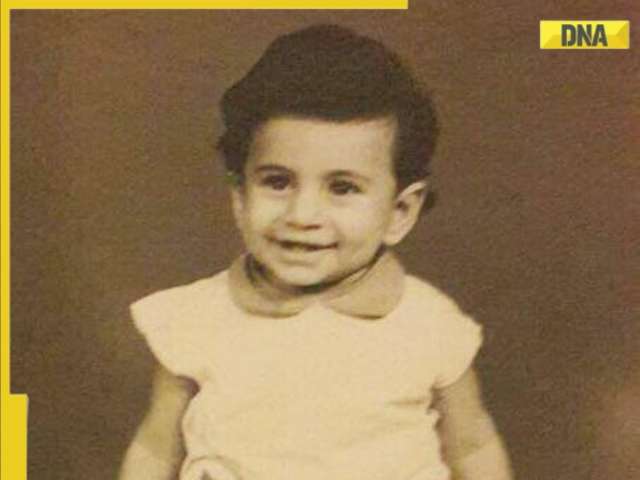



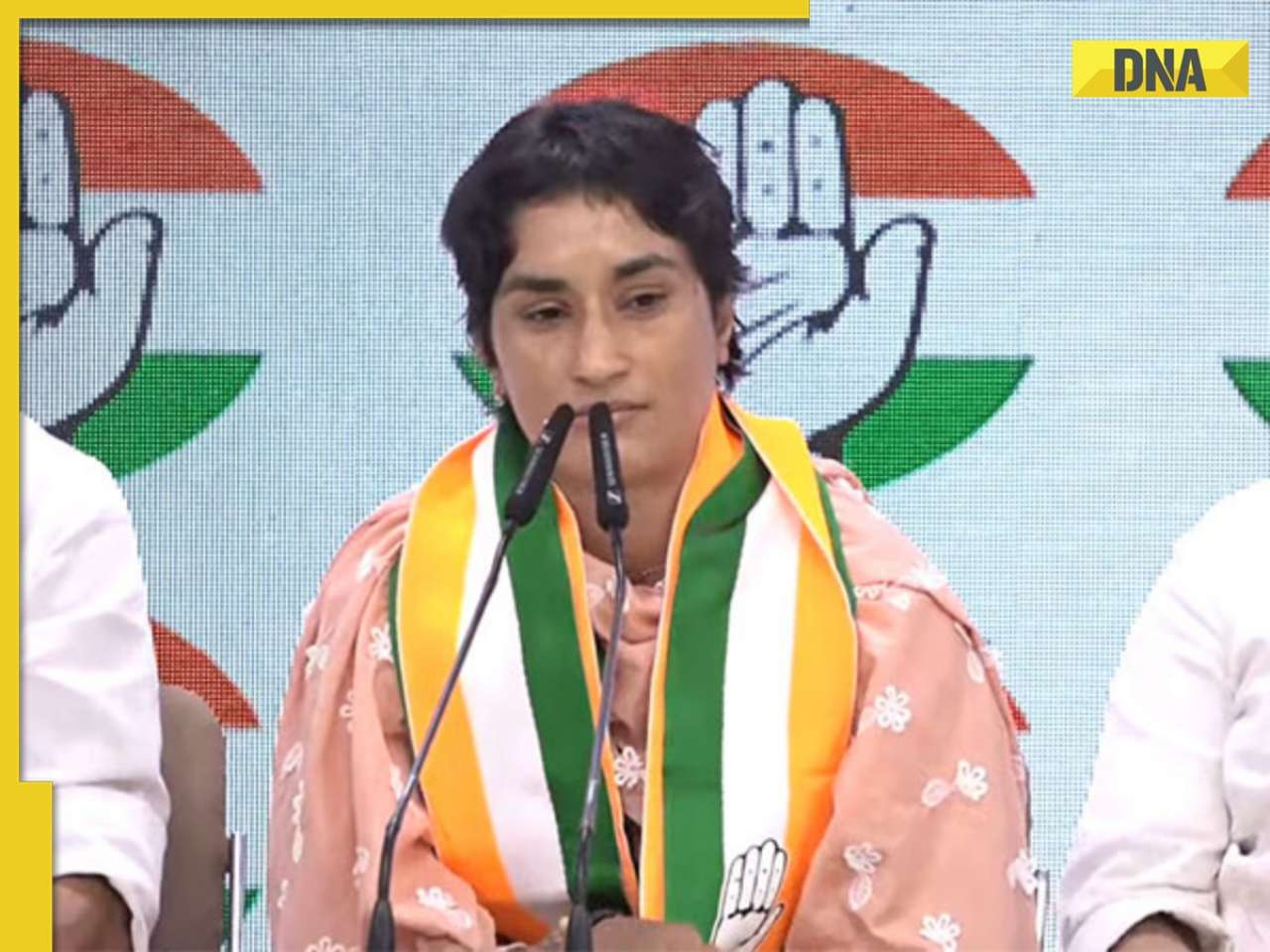

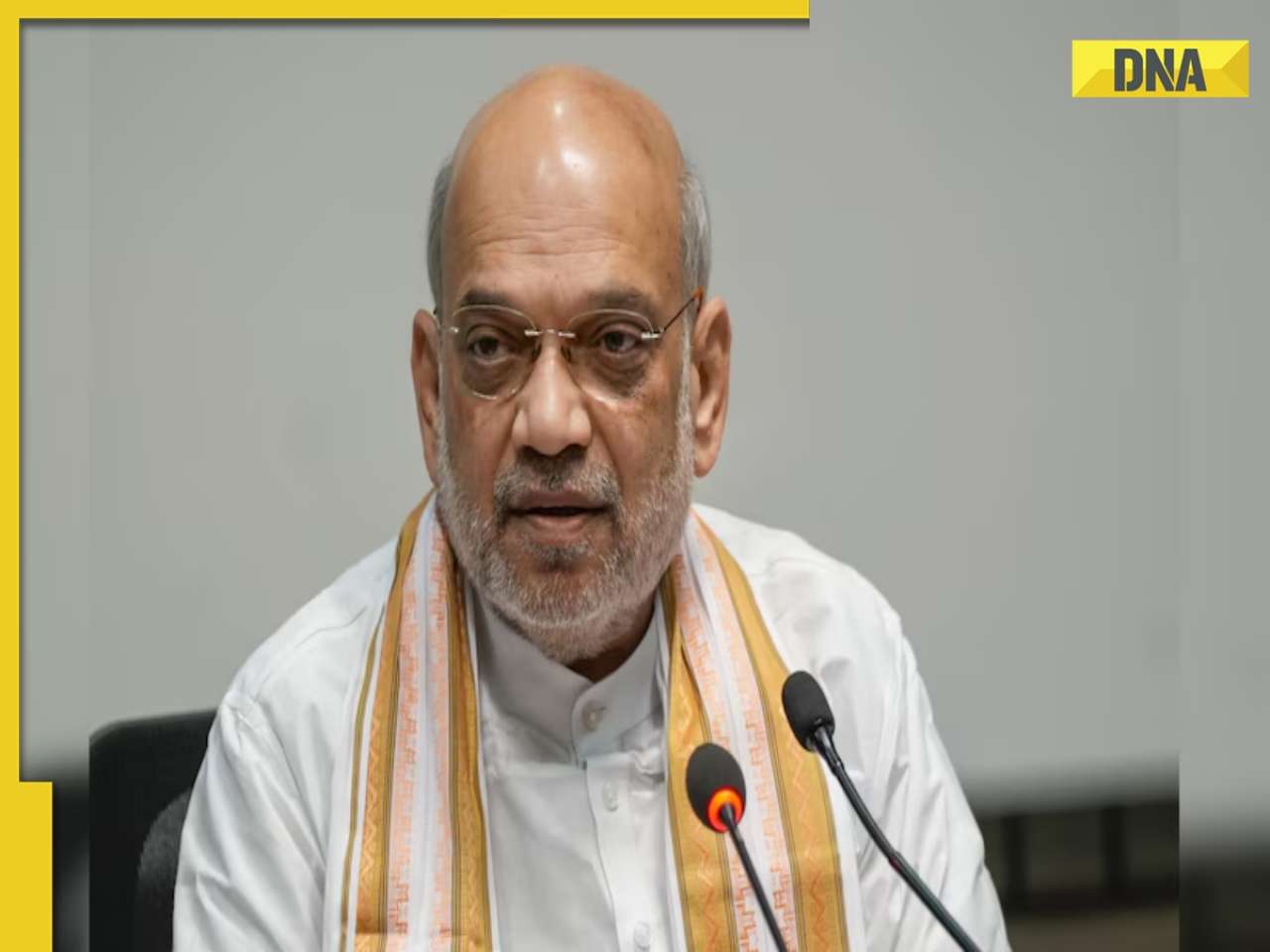

)
)
)
)
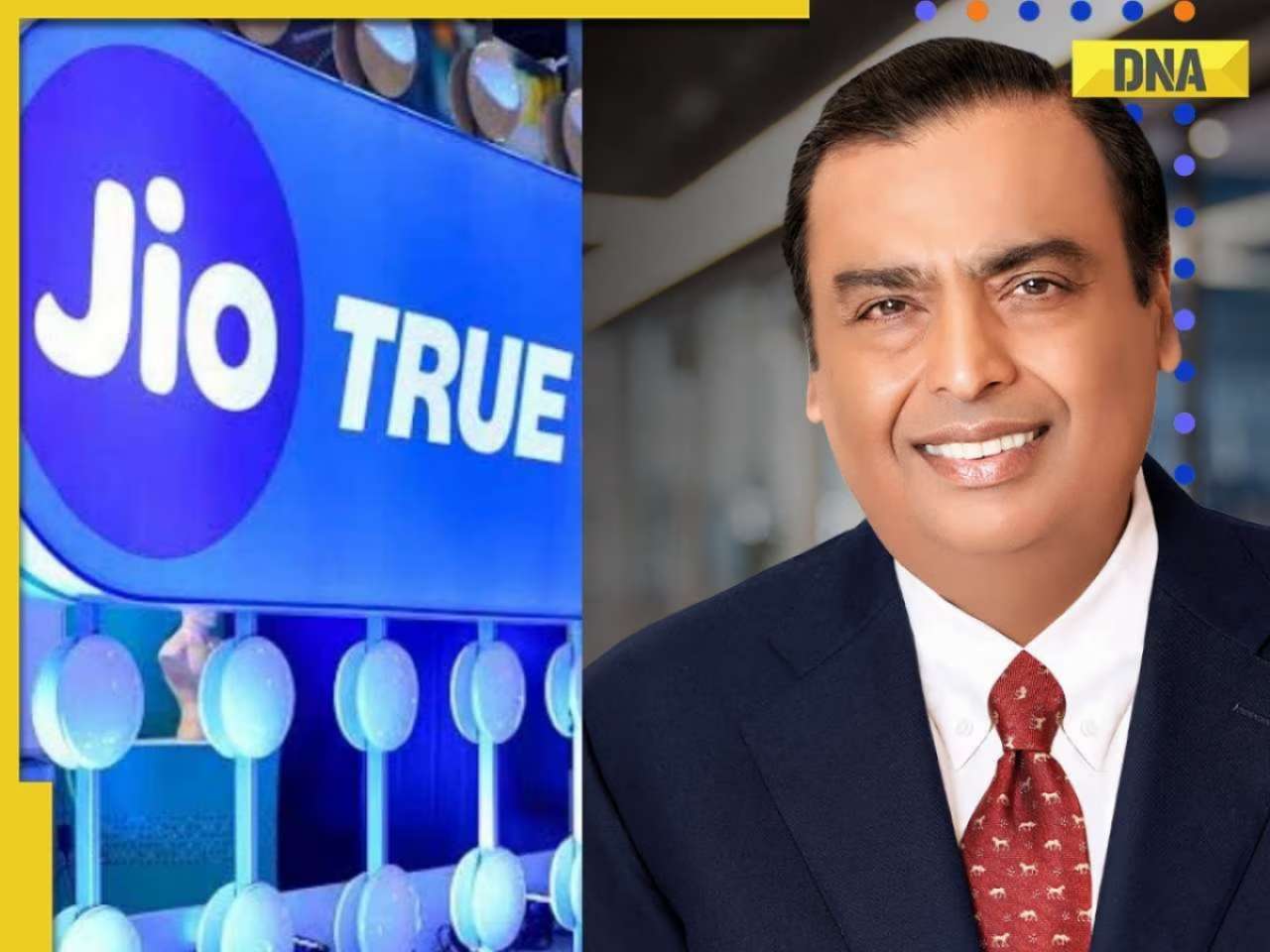)
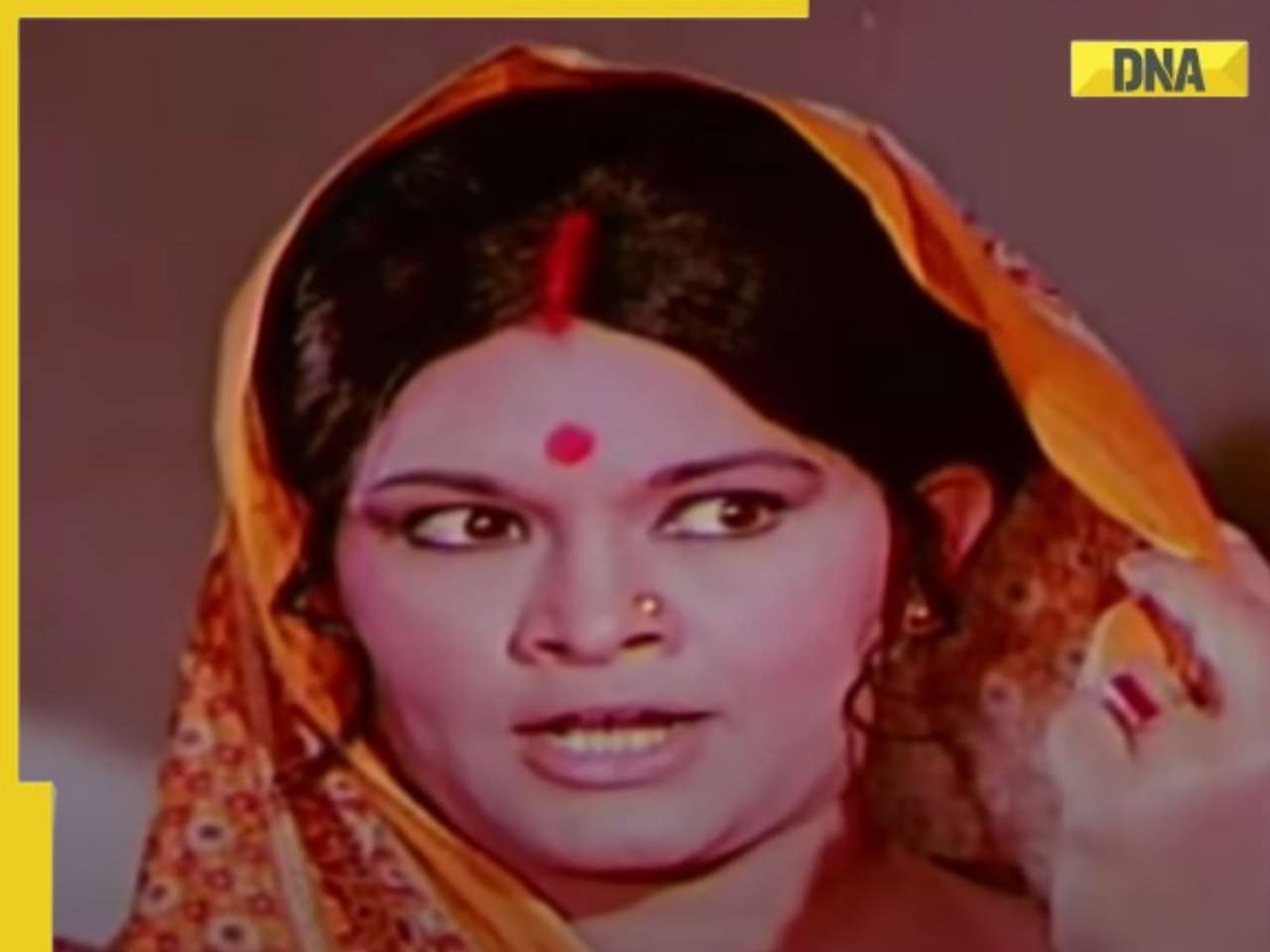)
)
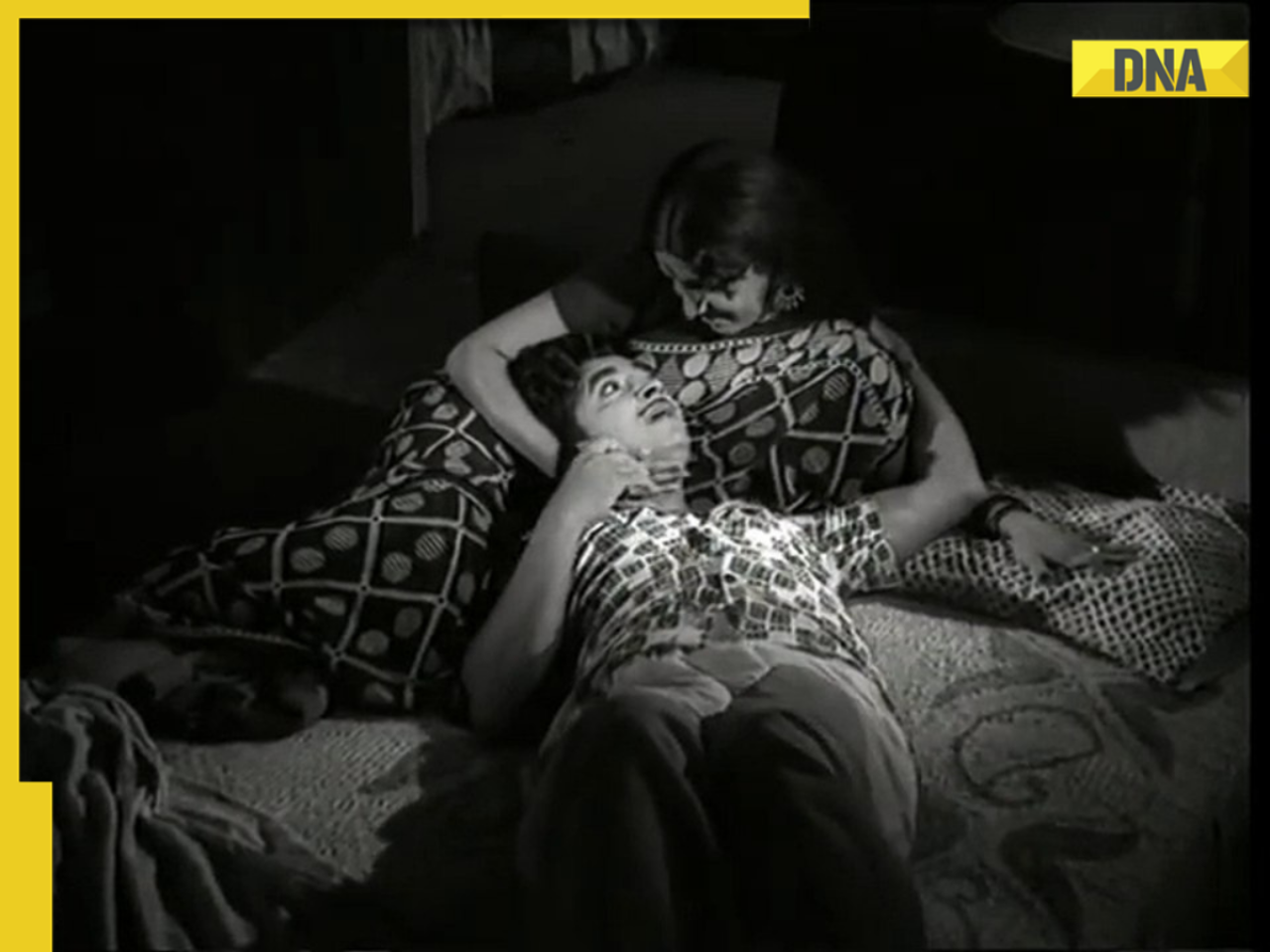)
)
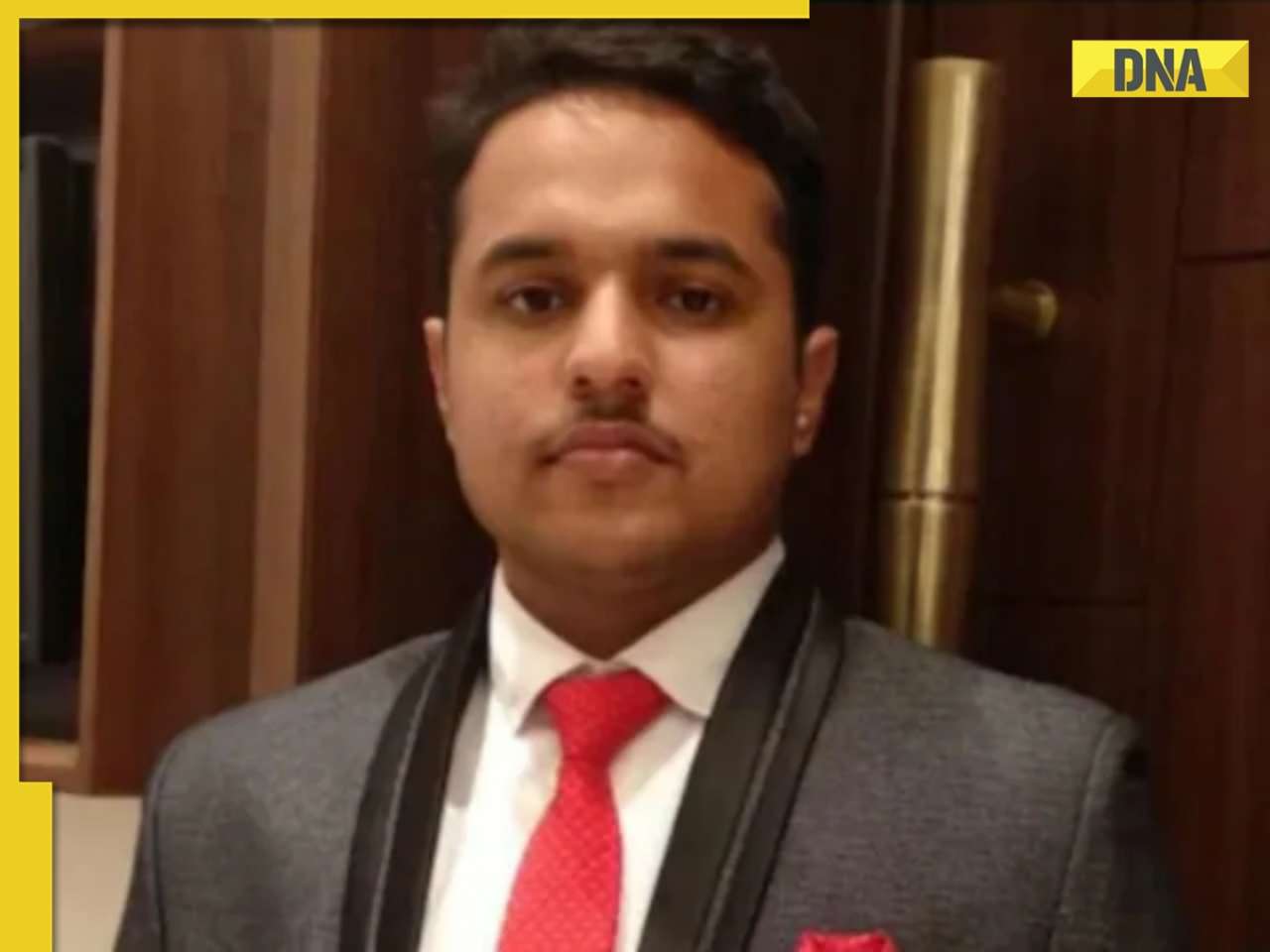)
)
)
)
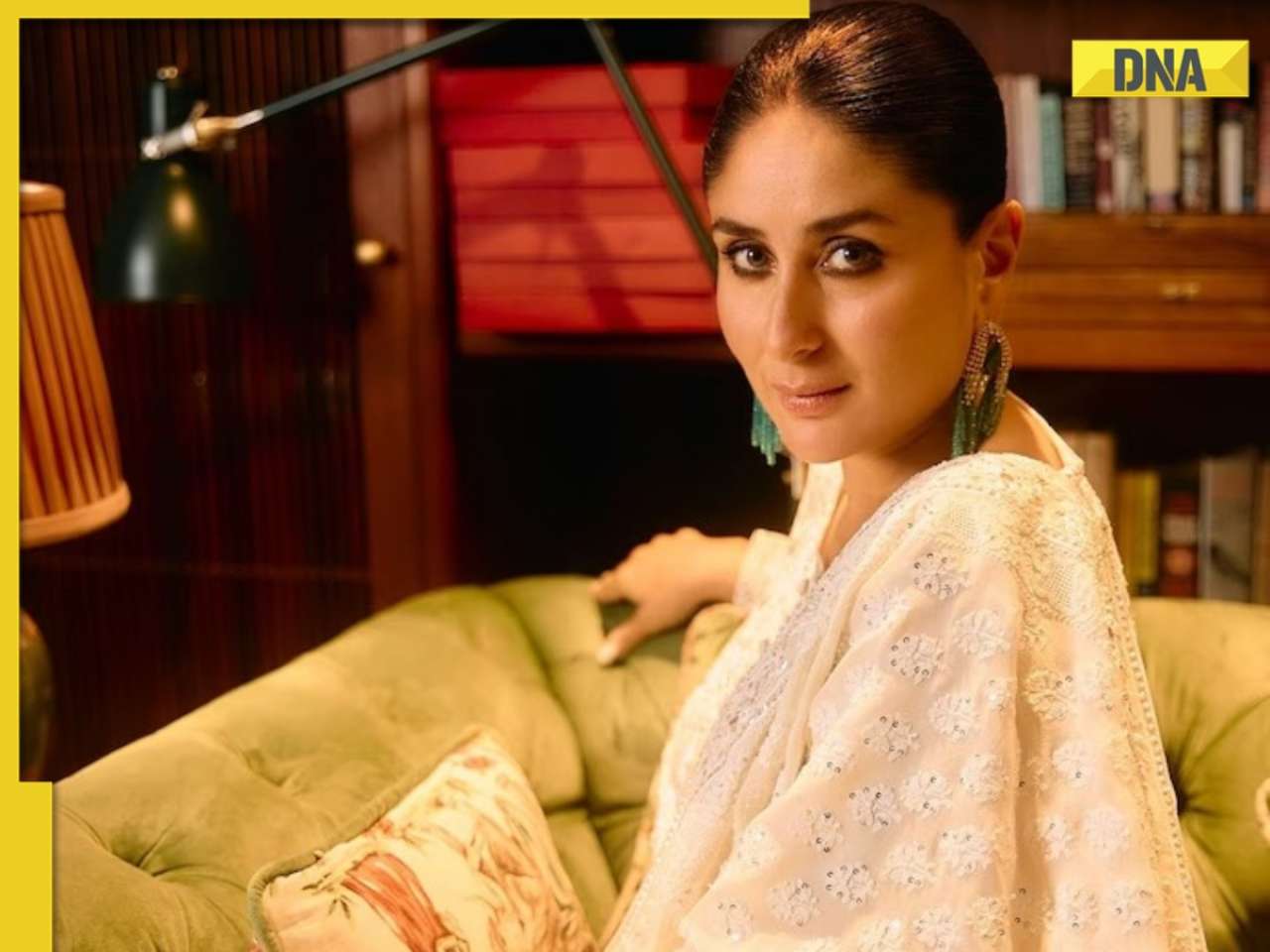)
)





)
)
)
)
)
)